When aspiring model Jesse moves to Los Angeles, her youth and vitality are devoured by a group of beauty-obsessed women who will take any means necessary to get what she […]

When aspiring model Jesse moves to Los Angeles, her youth and vitality are devoured by a group of beauty-obsessed women who will take any means necessary to get what she […]
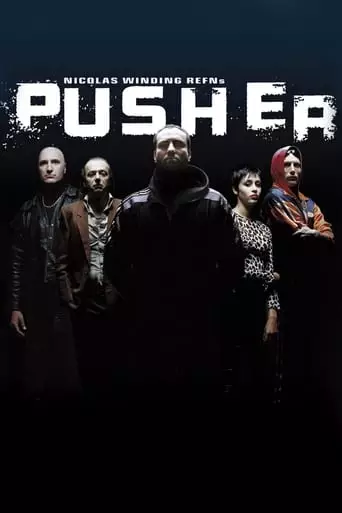
A drug pusher grows increasingly desperate after a botched deal leaves him with a large debt to a ruthless drug lord. Pusher (1996), directed by Nicolas Winding Refn, is a […]
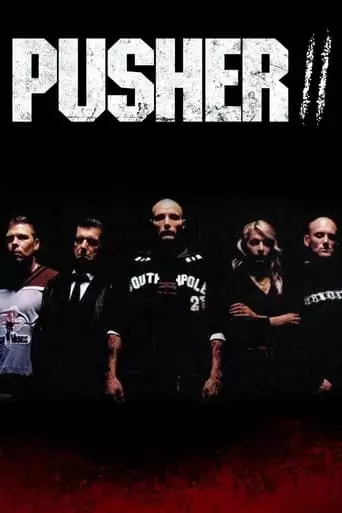
Tonny is released from prison – again. This time he has his mind set on changing his broken down life, but that is easier said than done. Pusher II is […]
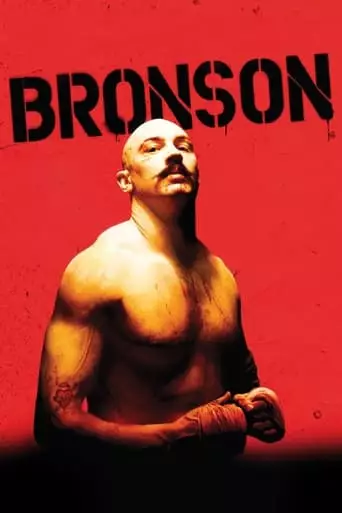
A young man who was sentenced to 7 years in prison for robbing a post office ends up spending 30 years in solitary confinement. During this time, his own personality […]
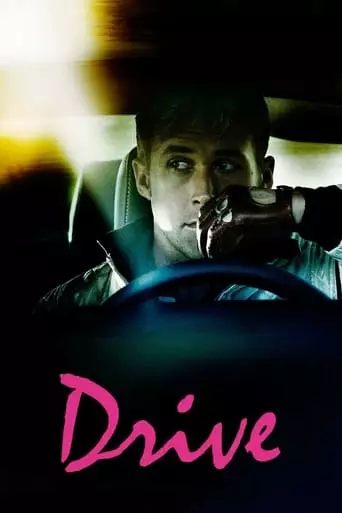
Driver is a skilled Hollywood stuntman who moonlights as a getaway driver for criminals. Though he projects an icy exterior, lately he’s been warming up to a pretty neighbor named […]
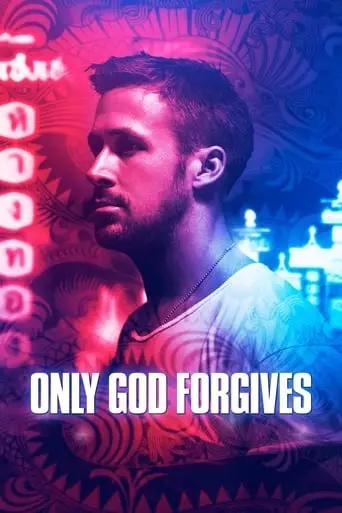
Julian, who runs a Thai boxing club as a front organization for his family’s drug smuggling operation, is forced by his mother Crystal to find and kill the individual responsible […]
Nicolas Winding Refn: The Visionary of Neon-Soaked Cinema
Nicolas Winding Refn is a Danish filmmaker celebrated for his bold, stylized approach to storytelling. Known for films such as Drive (2011), The Neon Demon (2016), and Bronson (2008), Refn’s work blends visceral violence, striking visuals, and psychological depth. His films often explore themes of power, identity, and the human condition, earning him a reputation as one of modern cinema’s most daring auteurs.
Early Life and Career Beginnings
Nicolas Winding Refn was born on September 29, 1970, in Copenhagen, Denmark, into a family deeply rooted in the arts. His father, Anders Refn, was a film editor and director, and his mother, Vibeke Winding, was a cinematographer. Refn’s exposure to filmmaking from an early age fueled his passion for storytelling.
After briefly studying at the American Academy of Dramatic Arts in New York, Refn returned to Denmark to pursue filmmaking. His debut film, Pusher (1996), marked the beginning of a career defined by audacious storytelling and uncompromising vision.
Breakthrough: Pusher Trilogy
Refn’s Pusher trilogy (Pusher [1996], Pusher II [2004], and Pusher III [2005]) brought him international acclaim. Set in Copenhagen’s criminal underworld, the films offered a gritty, unflinching look at the lives of drug dealers and gangsters.
The trilogy’s raw energy, naturalistic performances, and documentary-like style established Refn as a filmmaker with a unique voice. The Pusher films remain a touchstone in Scandinavian cinema, influencing a generation of filmmakers.
Defining Works
Bronson (2008)
Bronson is a biographical drama about Charles Bronson, one of Britain’s most notorious prisoners. Starring Tom Hardy in a transformative performance, the film combined theatricality with brutal violence, presenting Bronson’s life as a surreal, psychological odyssey.
The film earned critical acclaim for its bold storytelling and Hardy’s magnetic portrayal, solidifying Refn’s reputation as a director willing to push boundaries.
Drive (2011)
Drive catapulted Refn into the global spotlight. Starring Ryan Gosling as a stoic getaway driver, the film blended neo-noir aesthetics with a minimalist narrative. Its neon-lit visuals, haunting synth soundtrack, and explosive bursts of violence made it a cultural phenomenon.
Refn won the Best Director award at the Cannes Film Festival for Drive, cementing his status as a visionary filmmaker. The film’s influence can be seen in the resurgence of retro aesthetics in modern cinema and music.
Only God Forgives (2013)
Reuniting with Ryan Gosling, Refn delivered Only God Forgives, a dark, meditative exploration of revenge and morality set in Bangkok. The film polarized critics and audiences with its slow pacing, cryptic narrative, and extreme violence.
While divisive, Only God Forgives exemplified Refn’s commitment to creating provocative, uncompromising art. Its dreamlike visuals and themes of familial guilt further showcased his unique cinematic language.
The Neon Demon (2016)
In The Neon Demon, Refn turned his lens on the fashion industry, crafting a horror-infused tale about beauty, ambition, and exploitation. The film’s hyper-stylized visuals, surreal storytelling, and shocking imagery polarized audiences but reinforced Refn’s reputation as a fearless artist.
Television and Streaming
Refn expanded into television with Too Old to Die Young (2019), a 10-episode series for Amazon Prime Video. Starring Miles Teller, the show explored themes of morality, corruption, and violence in Los Angeles.
The series maintained Refn’s signature style, with its deliberate pacing, striking visuals, and existential undertones. While it divided critics, it was hailed as a bold experiment in long-form storytelling.
Hallmarks of Refn’s Style
Visual Aesthetics: Refn’s films are characterized by their neon-lit color palettes, meticulous composition, and striking use of light and shadow.
Minimalist Dialogue: His characters often communicate through actions and expressions, allowing visuals to drive the narrative.
Themes of Violence and Redemption: Refn frequently explores the psychological and moral implications of violence, delving into the darker aspects of human nature.
Ambiguity and Surrealism: His films often blur the line between reality and fantasy, leaving audiences to interpret their deeper meanings.
Sound Design: Refn’s collaboration with composers like Cliff Martinez has resulted in atmospheric, synth-driven soundtracks that enhance the emotional and aesthetic impact of his films.
Legacy and Influence
Nicolas Winding Refn’s work has had a profound impact on contemporary cinema, inspiring filmmakers and artists across mediums. His ability to blend genre elements with arthouse sensibilities has created a unique niche in the film world.
While his films often provoke debate, they are undeniably memorable, pushing the boundaries of storytelling and visual expression. Refn’s commitment to his artistic vision, regardless of commercial expectations, has earned him a devoted following and cemented his status as a modern auteur.
Conclusion
Nicolas Winding Refn is a filmmaker who thrives on challenging conventions and evoking strong reactions. From the gritty realism of the Pusher trilogy to the stylized brilliance of Drive and The Neon Demon, his work is a testament to the power of cinema as an art form.
With his fearless approach to storytelling and unrelenting pursuit of innovation, Refn continues to be a polarizing yet essential voice in modern filmmaking. Whether loved or criticized, his films leave an indelible impression, making him one of the most distinctive directors of his generation.